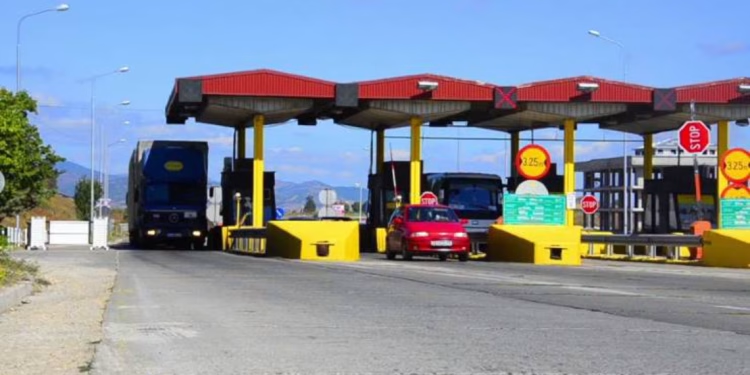The government has intensified plans to introduce toll charges on major roads as part of a broader strategy to address infrastructure budget shortfalls.
A new policy proposed by the Transport Ministry outlines that tolls will be imposed on roads requiring user fees to remain financially viable. This will apply to newly constructed roads, upgraded routes, and crossings involving alternative transport methods.
The Draft Tolling Policy also suggests that roads improved beyond their previous standards, particularly those with multiple lanes and enhanced safety features, will be subject to toll charges. Additionally, roads offering a superior driving experience, even without recent upgrades, may also be tolled.
Unlike previous tolling systems, users will not have toll-free alternative routes. “Roads where tolls are collected will not be required to have dedicated toll-free alternative routes,” the policy states. However, the government plans to introduce discounts and a phased approach to ease public acceptance.
The Kenya National Highways Authority (KeNHA) has identified key highways slated for tolling, including the Nairobi Southern Bypass, Nairobi-Nakuru-Mau Summit highway, Thika Superhighway, Kenol-Sagana-Marua Road, and Mombasa’s Dongo Kundu Bypass. The revenues collected will help fund critical projects such as the dualization of the Rironi-Nakuru-Mau Summit route and the Nairobi-Mombasa Expressway.
Toll operators will have the authority to impose penalties on vehicles that evade toll payments and may assist in enforcing fines on overloaded vehicles and other traffic violations.
The tolling initiative will be implemented through Public-Private Partnerships (PPP), allowing private investors to finance, build, and maintain the roads in exchange for toll revenues. Roads handling at least 5,000 vehicles per day, particularly those with significant freight traffic, will be prime candidates for tolling.
Currently, the Nairobi Expressway is the only tolled road, operated under a PPP agreement with China Roads and Bridges Corporation. The project has been lauded as Kenya’s first successful self-financing infrastructure venture.
“This policy aims to replicate the benefits of tolling as a solution to funding shortfalls in road development,” stated Transport CS Davis Chirchir.















